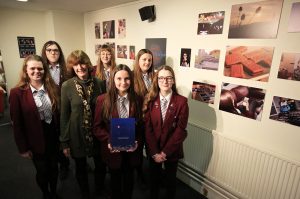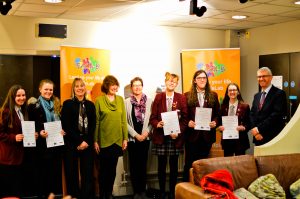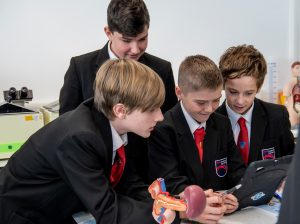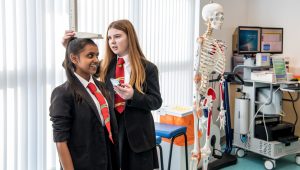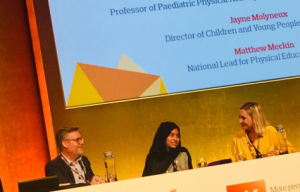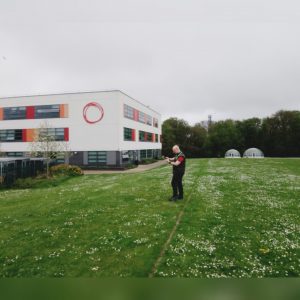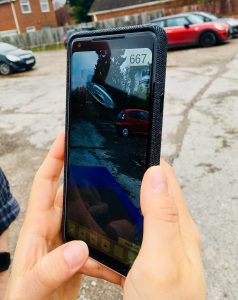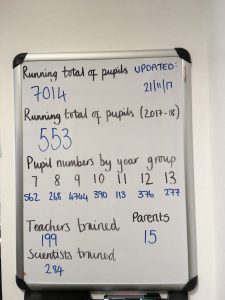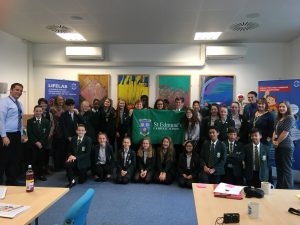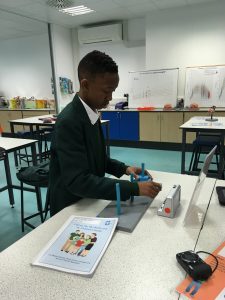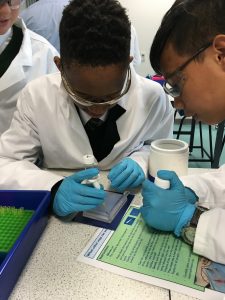The LifeLab team were excited to begin their brand new research study this week with the first cohort of students taking part in the Engaging Adolescents in Change Behaviour (EACH-B) programme.
The health education project is based on young people discovering for themselves how their lifestyle choices can affect them. The EACH-B project builds on the intervention, combining it with support from teachers and the use of a specially developed smart phone app with game features.
Today’s the day – the first students from @TheHambleSchool have downloaded the specially designed game to help them #leveluptheirlives https://t.co/P4qpbsNTwp @NIHRresearch @each_b @unthank @BarkerSoton @UoS_Medicine @sofia_strommer @HazelInskip
— LifeLab (@LifelabSoton) February 26, 2020
Students from Hamble School were among the first to experience the new intervention being led by Professor Mary Barker, a psychologist and director at LifeLab who specialises in the development and evaluation of behaviour change interventions designed to improve diet, physical activity and well-being.
The EACH-B project is built on the existing LifeLab programme which aims to help young people understand how the decisions they make now could have health implications in later life.
Teenagers who visited LifeLab, which is based at University Hospital Southampton, helped produce the digital game, alongside health researchers and scientists.
Those ideas were then sent to in-game designers at Glasgow Caledonian University who created it and then tested on LifeLab students.
The aim is to educate young people about the impact their lifestyle choices will have on their health and the health of their future children and encourage them to improve their diet and exercise habits.
The £2.2m EACH-B project, led by the University of Southampton, is being funded by the National Institute for Health Research (NIHR) Programme Grants for Applied Research Programme.
